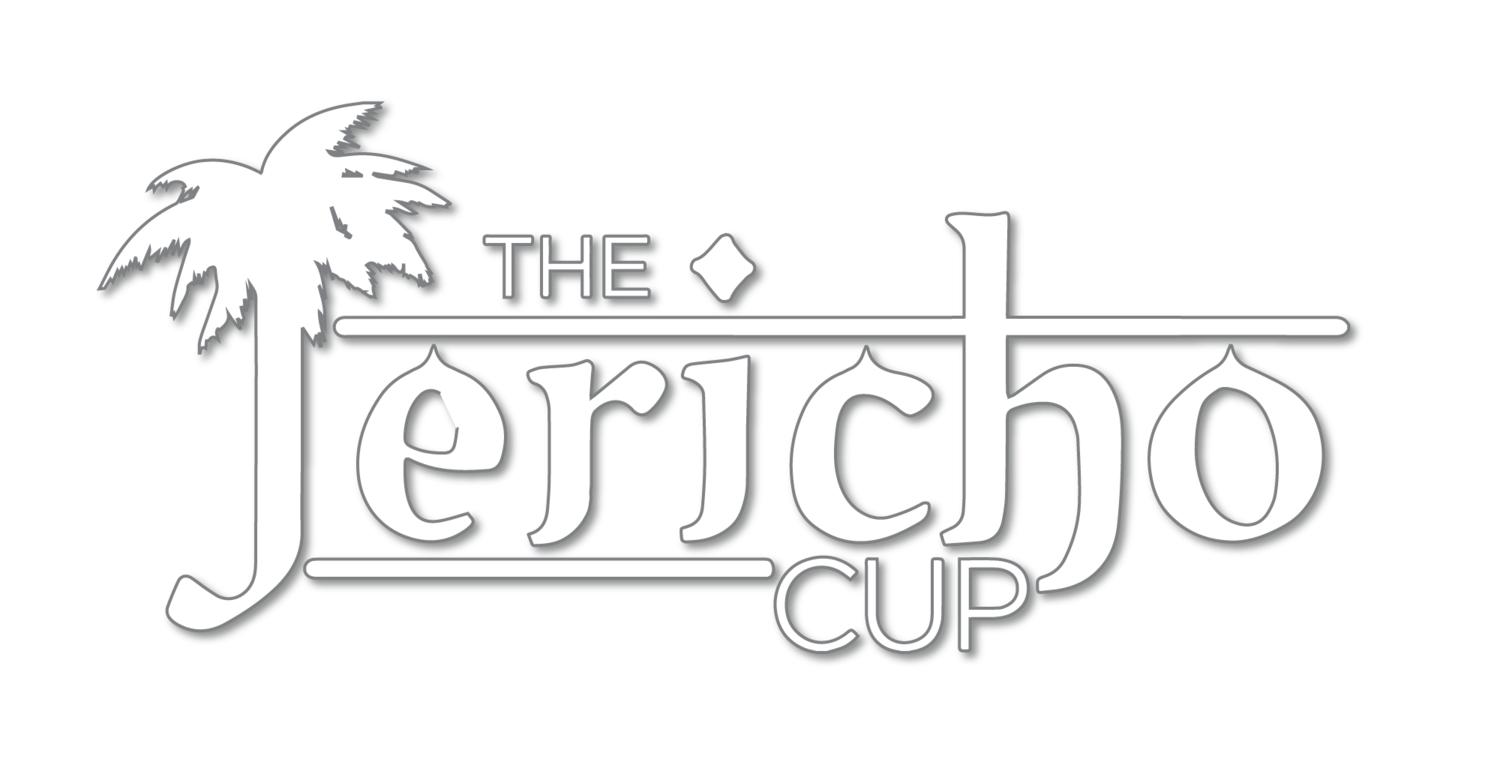BILL THE BASTARD BY ROLAND PERRY
CHAPTER 24 “THE RUSE”
PAGE 1
Harry Chauvel, who had been knighted and promoted to lieutenant-general, devised a shrewd plan to fool the Turks before the last important thrust to drive them from Palestine, Syria and Arabia. The secret aim was to move his Light Horsed force west to the coast at Jaffa where they would be hidden in orange groves. They would wait for the British infantry to make a shock attack and punch a hole in the Turkish defence forces in Palestine’s north. Then the horsemen would emerge from the orange groves, thrust through the gap in the Turkish lines and ride north. The aim would be to defeat the one enemy army there before sweeping east to take on the second enemy army in Palestine. After that it planned to ride further east and north to tackle the third Turkish army, which was being harassed by Lawrence’s Arabs in Jordan.
Chauvel had to make the Turks believe his force would be staying the Jordan Valley. It was September 1918. His 34,000 horsemen and cavalry would have to succeed, otherwise, when the war ended, the Turks might still be in Palestine, Syria, Jordan and Arabia, which would mean they would retain that territory in a carve-up following an armistice. In effect, the Turks would maintain their dominance in the Middle East, as they had done since the sixteenth century, making the past three years’ effort by the British amount to securing just the Sinai and acquiring southern Palestine.
Part of Chauvel’s ruse was to stage a five-event race meeting near Jericho, not far from the Turkish defences on the Jordan River. The Turks’ scouts and spies would be able to see the build-up to the event. A program was to be printed and distributed in all major towns, and primarily Jerusalem, to make sure that the Turks knew about it.
Chauvel called a meeting at his Jericho HQ days before secretly driving to his HQ at the village of Sarona, five kilometres north of Jaffa on the coast, where he would oversee the build-up of horsemen.
‘The main event should be billed as a Melbourne-Cup style race,’ he told several select officers, ‘but we can’t call it that. It won’t be a handicap event.’
‘How about a cross been Palestine and Melbourne,’ one officer suggested, ‘the Palbourne Cup?’
Chauvel winced. ‘Bit insipid and obscure,’ he replied, ‘need a bit of alliteration. Something like ‘The Cairo Cup’.’
‘The Jericho Cup?’ a second officer proffered.
‘That’s better. It has a sweet ring to it. That name also lets the Turks know where it is.’
The Jericho Cup was adopted.
‘And the length?’ Chauvel asked. ‘Must be at least two miles.’
‘Longer,’ another officer suggested. ‘That will mean we can use leaflets saying that the biggest and strongest Walers in the entire force will be tested in the race. Hopefully this will make the enemy believe the authenticity of the event. The Turks would know that our eighty strongest horses would always be in the front line of any attack. If they think they are racing in the east, clearly we could not be planning anything in the west.’
‘Let’s make it three miles then,’ Chauvel decided. ‘Make sure the horses are not watered for, say, twenty-four hours before the event. That will mean they will go harder when they get wind of the well as they head into the straight.’
‘General Allenby has asked that Major Paterson’s big Arabian thoroughbreds be in the event. They would not be in any attack, so that helps.’
‘It would be good to have Bill the Bastard up against them,’ a third officer commented.
Chauvel nodded. ‘I saw him do the dispatch run at Gallipoli. He was strong and covered more than three miles speedily enough. But no one can ride him, except that Aborigine . . . what’s his name, Mullagh?’
‘He hasn‘t stayed on him for very long,’ the third officer remarked. ‘Besides, Major Paterson ordered him not to be used as other than a packhorse, out of respect for his efforts at Romani.’

